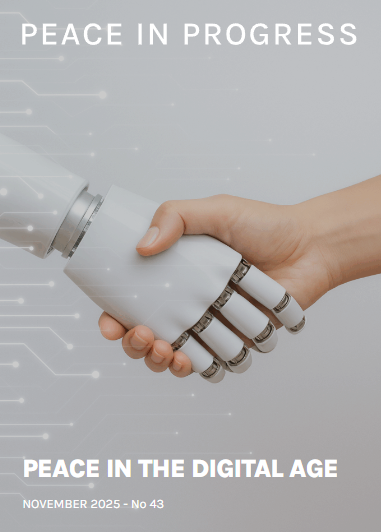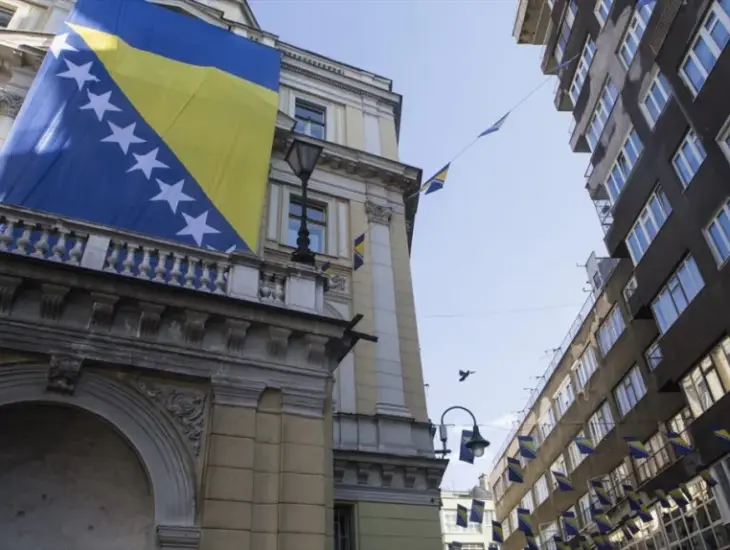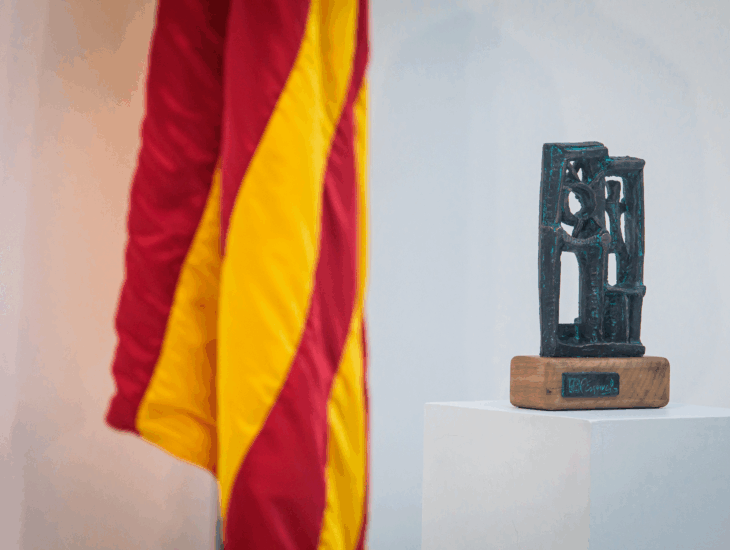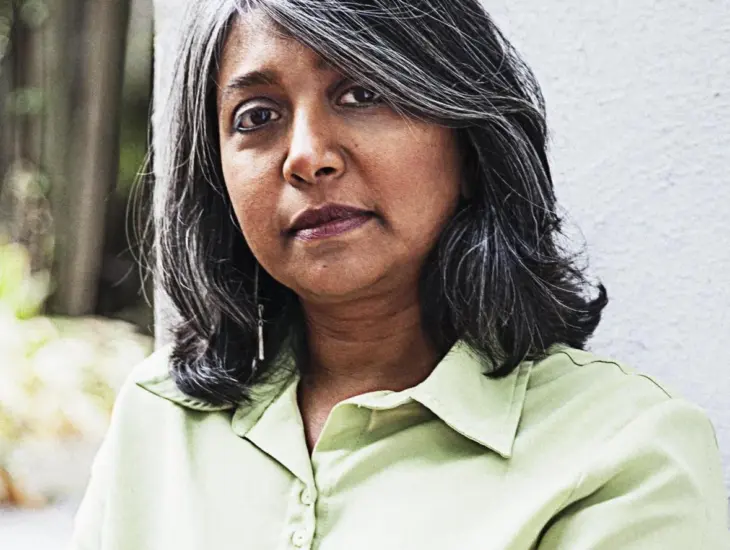The international Build Peace 2025 conference, organised by ICIP and Build Up in Santa Coloma de Gramenet, brought together—from 21 to 23 November—peace activists, researchers, technologists and organisations from around the world with shared aims: fostering safer, more democratic and participatory digital spaces; countering hate speech and polarisation; rethinking how we narrate peace and security; and placing memory at the centre of peacebuilding processes.
More than 300 participants visited La Ciba over the three days, taking part in workshops, debates and artistic performances.
Under the theme “Towards a Pluriverse of Peace”, the conference received support from the city councils of Santa Coloma and Barcelona, Catalunya Internacional and the Catalan Agency for Development Cooperation.
From polarisation to dialogue: protecting people online
On Friday, 21 November, the sessions focused on the challenges posed by rising disinformation, hate speech and polarisation across social media platforms. Discussions highlighted the need to develop more ethical, human-centred platforms and algorithms that avoid the dominant corporate logic.
Proposals included online hate-speech monitoring, pre-bunking tools to prevent disinformation, participatory-designed text classifiers and AI models incorporating social and peacebuilding perspectives. Participants also explored how technology can strengthen participatory democracy and enable healthier public dialogue.
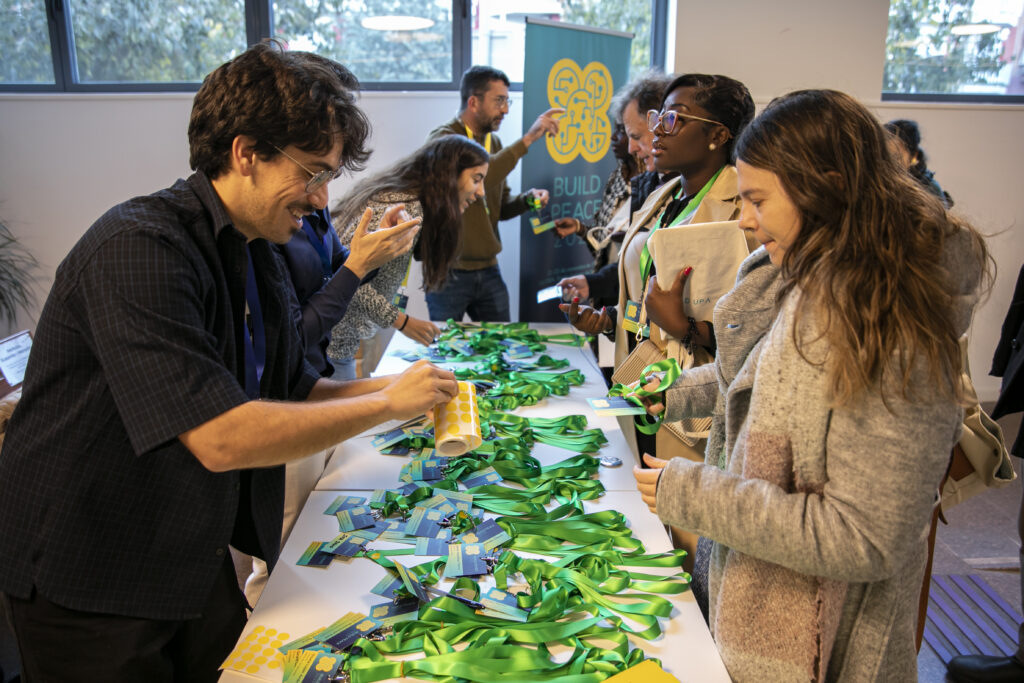
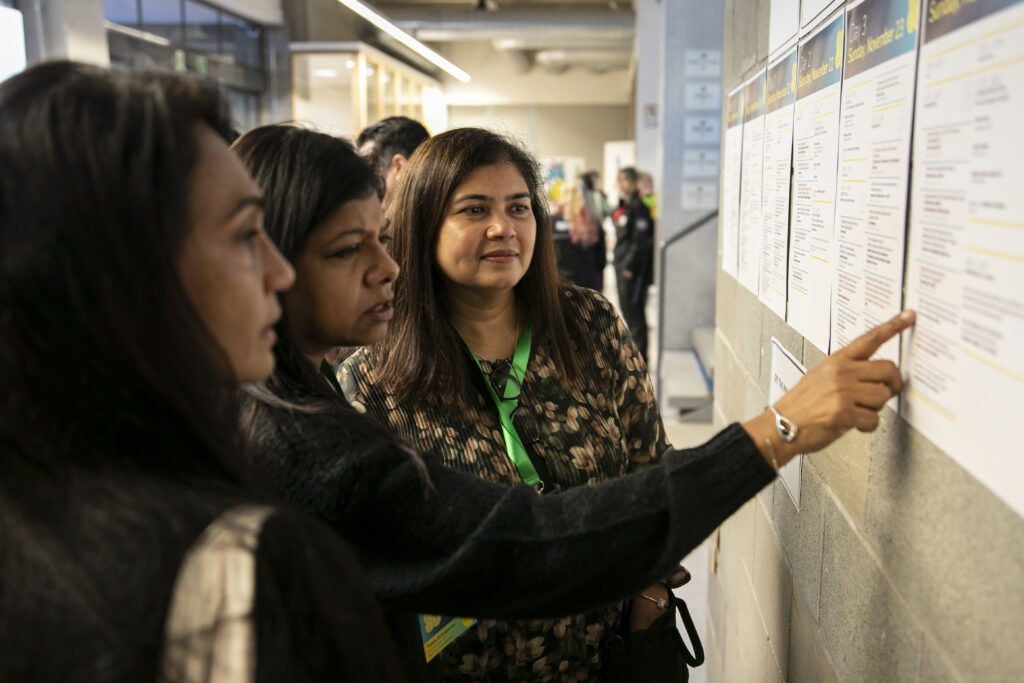
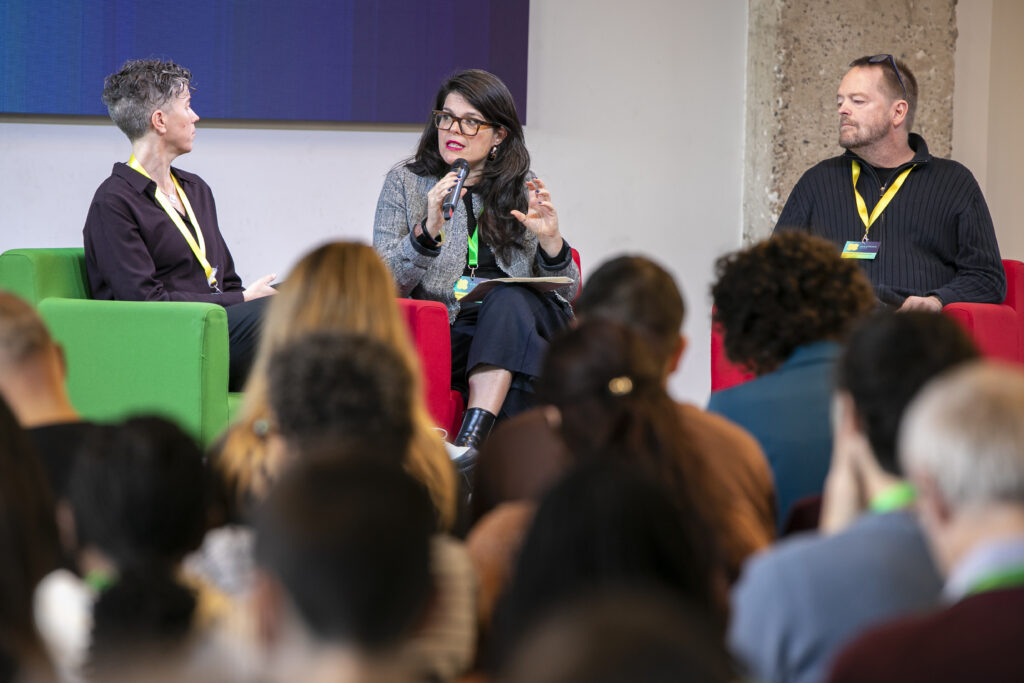
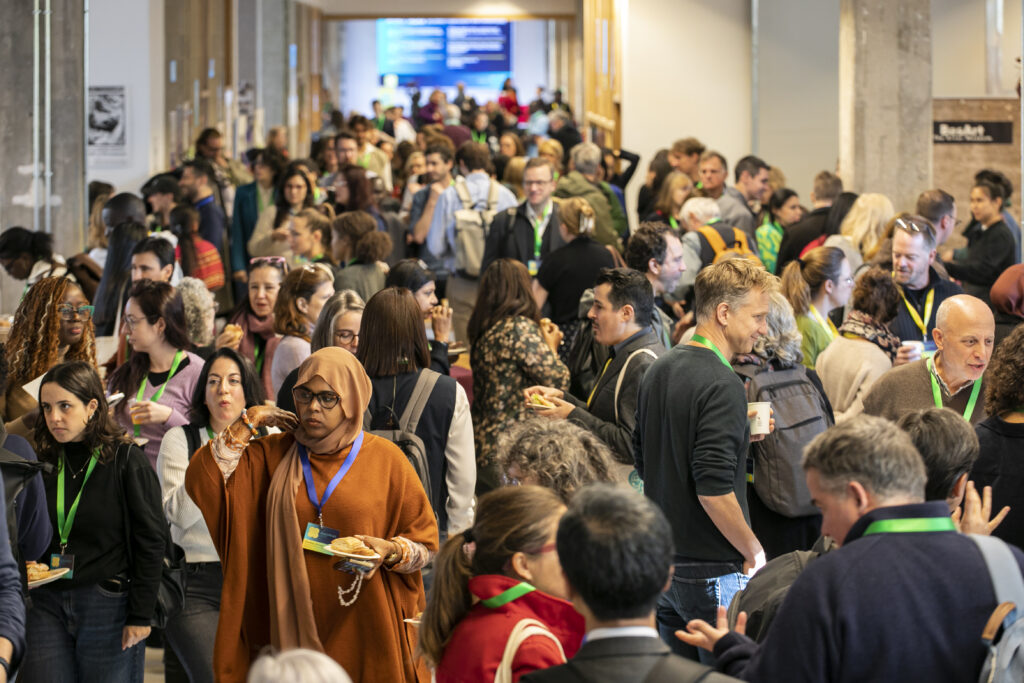
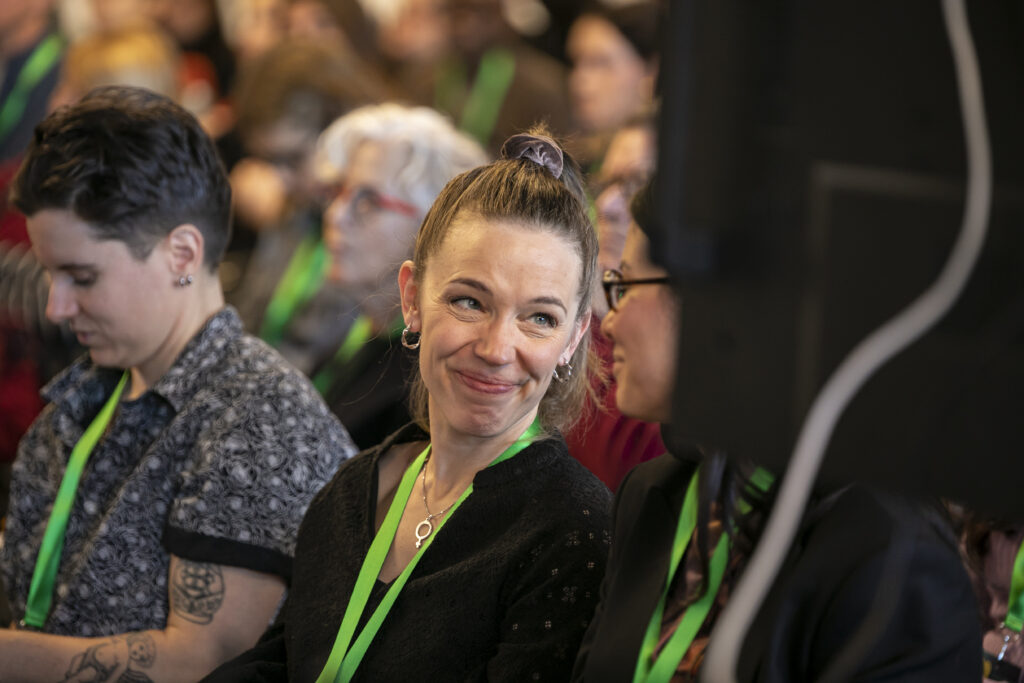
From deterrence to nonviolence: shifting security narratives
On Saturday 22 November, the thematic focus turned to human and community security, questioning the militarised narratives that dominate public discourse.
Against a global backdrop marked, especially in Europe, by the war in Ukraine and the violence in Gaza, speakers discussed how technology can serve war but also peace. Presentations examined the use of surveillance technologies, particularly at borders and in movement control, which can violate human rights but may also become tools for peace if developed with safeguards and public participation.
From erasure to memory: reclaiming the past to build the future
Sunday 23 November explored how societies deal with memory and forgetting in contexts of violence and authoritarianism, looking at concrete cases such as the Franco dictatorship and the Holocaust. Speakers warned of the risks of constructing single narratives or instrumentalising memory, and emphasised the role of listening and remembrance as forms of resistance that help repair collective trauma and foster reconciliation.
Discussions also highlighted the need for a feminist lens in peacebuilding: the voices and memories of women continue to be invisibilised, particularly in rural contexts, and the construction of diverse, plural narratives remains essential.
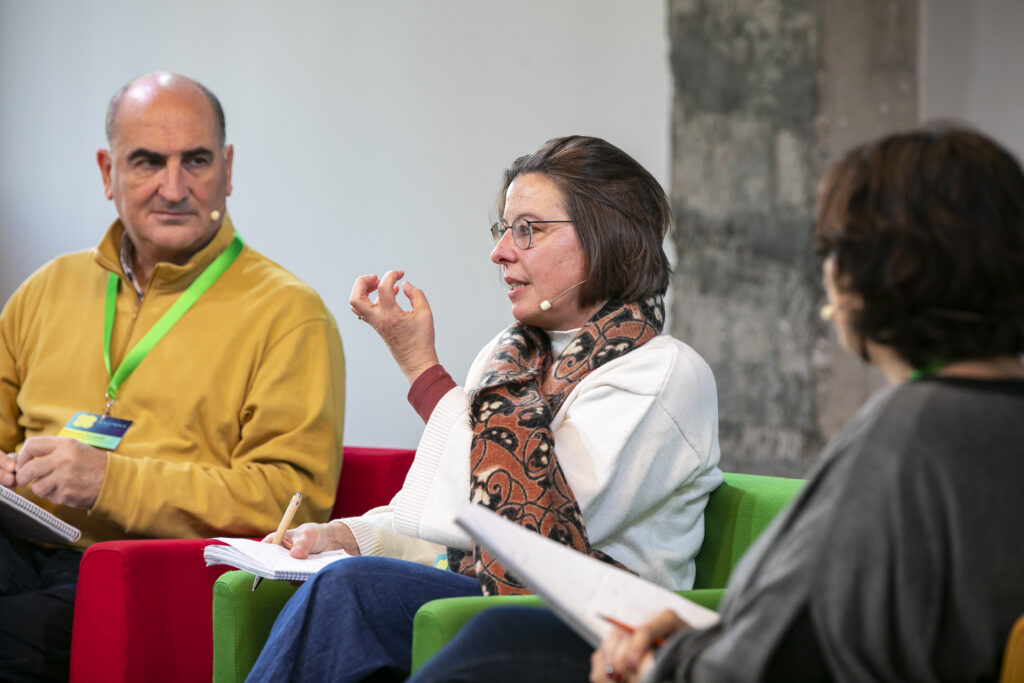
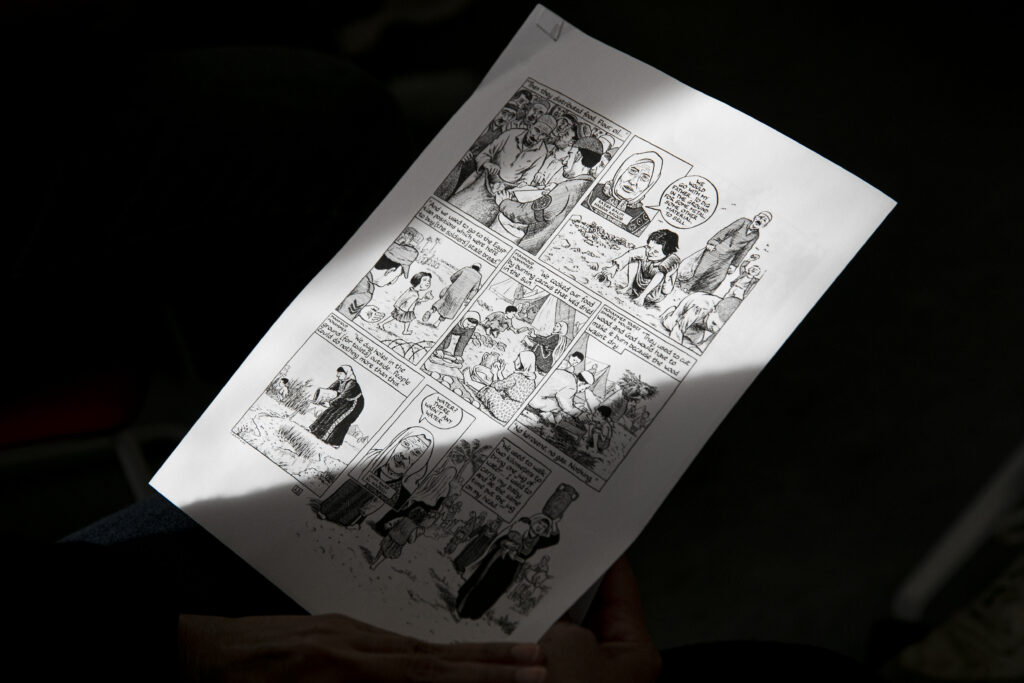
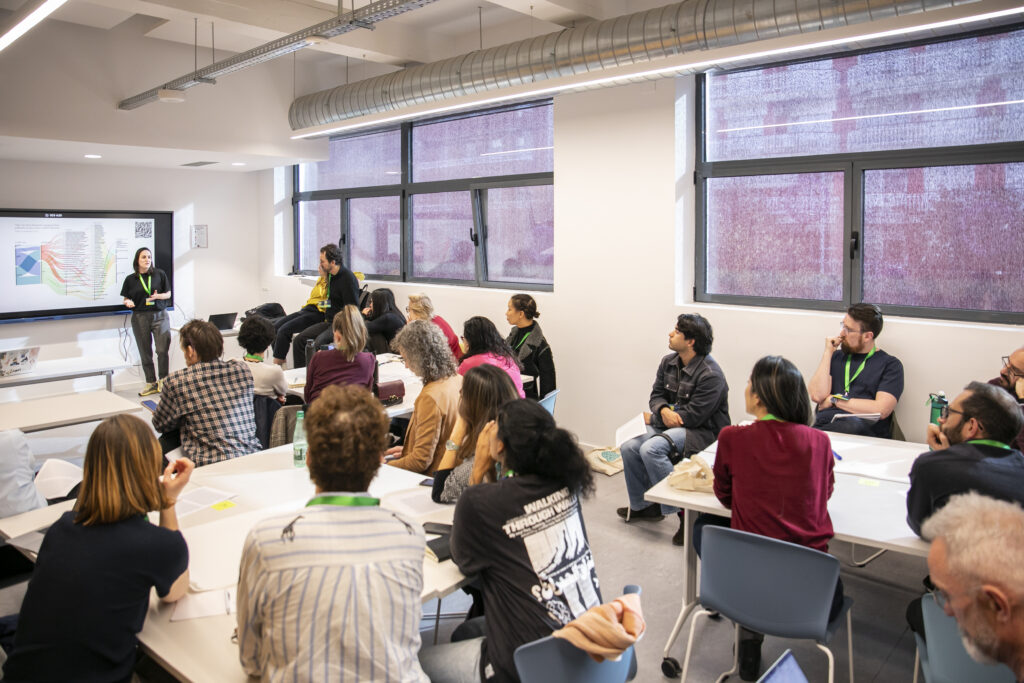
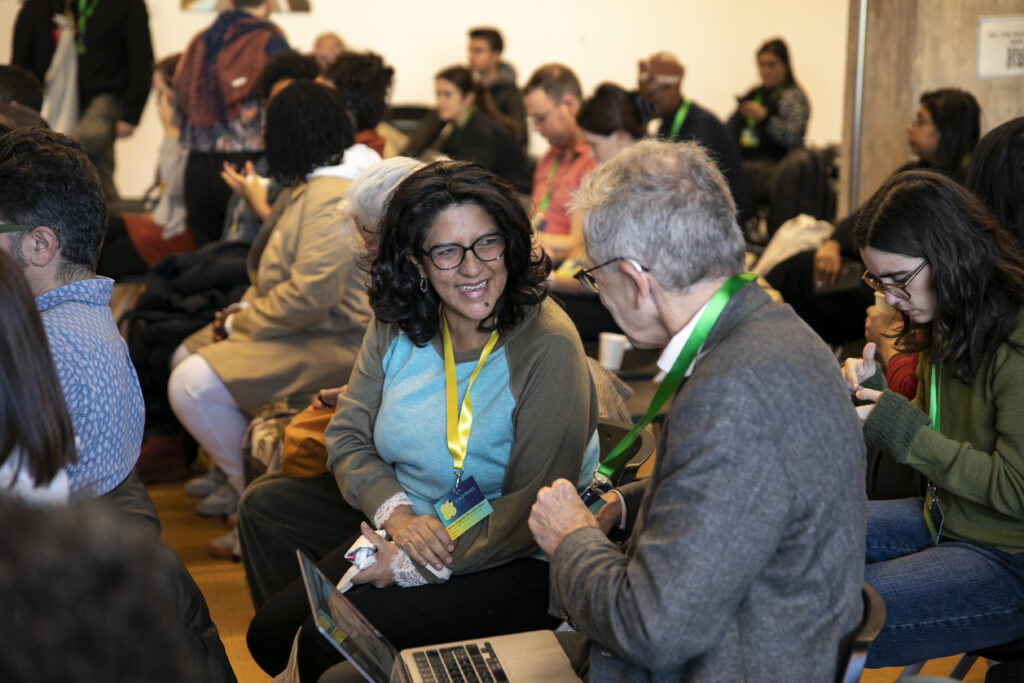
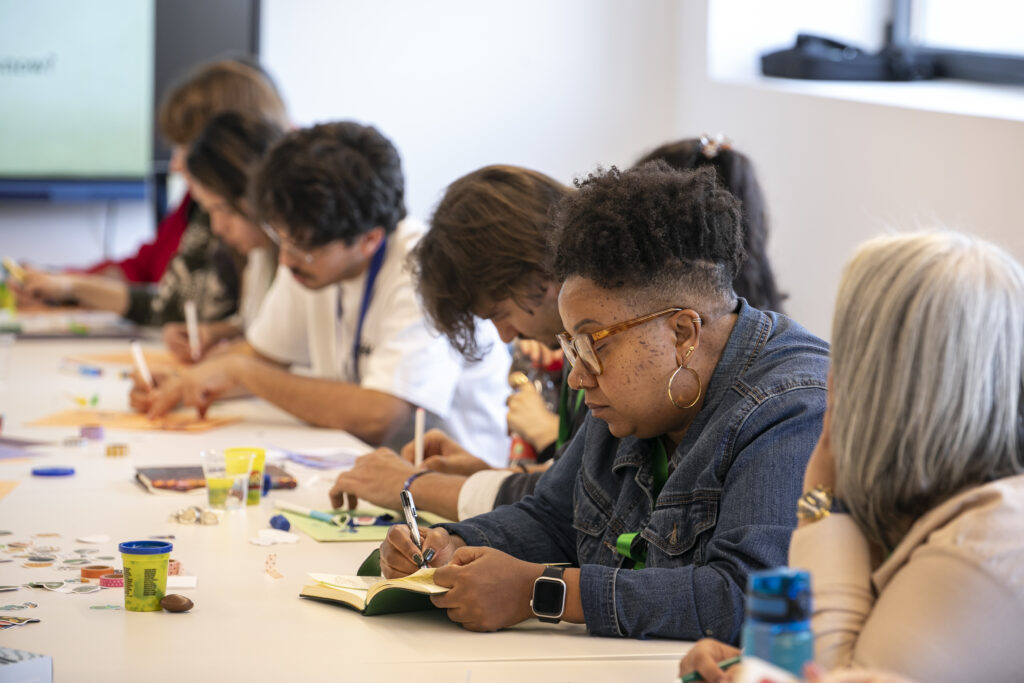
More than a conference
The 2025 edition reaffirmed that Build Peace is more than a conference: it is a community of people committed to a more just and peaceful society who meet each year to explore new tools and innovative methodologies for peacebuilding.
Alongside panels, project presentations and workshops, Build Peace 2025 featured several artistic proposals: from photographic exhibitions of local and international projects to a collaborative mural created along the Besòs riverbank by artist Yubia and coordinated by BesArt – The River Museum.
The conference also hosted its own radio project, Build Peace Radio, which broadcast the debates throughout the three days.
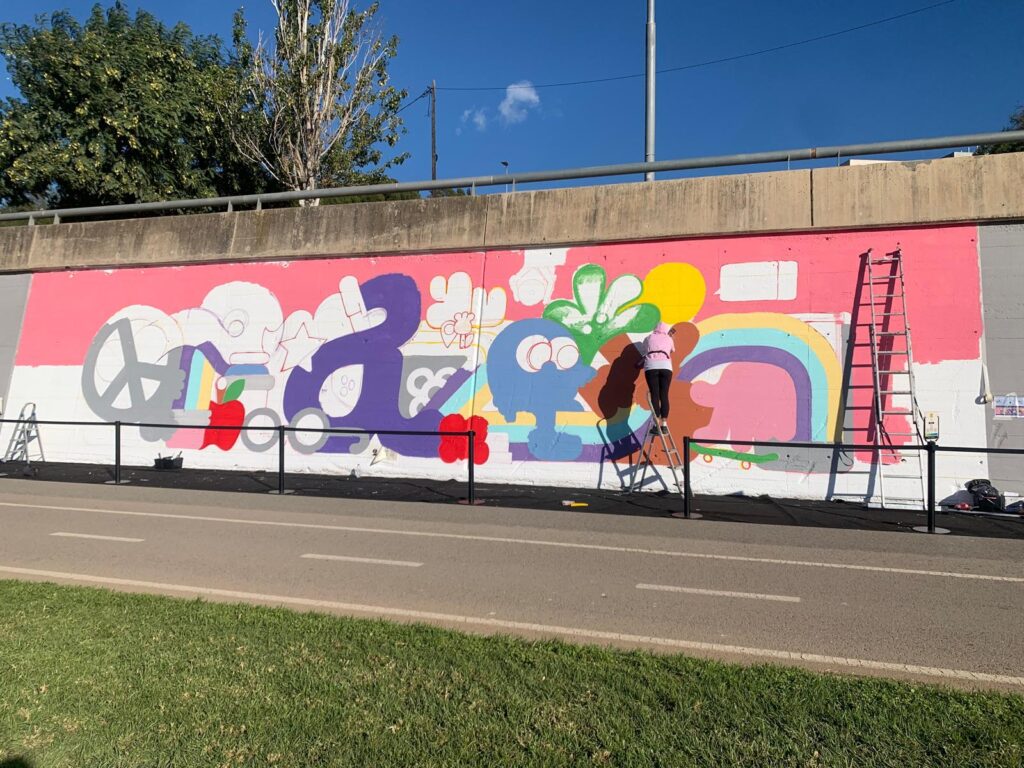
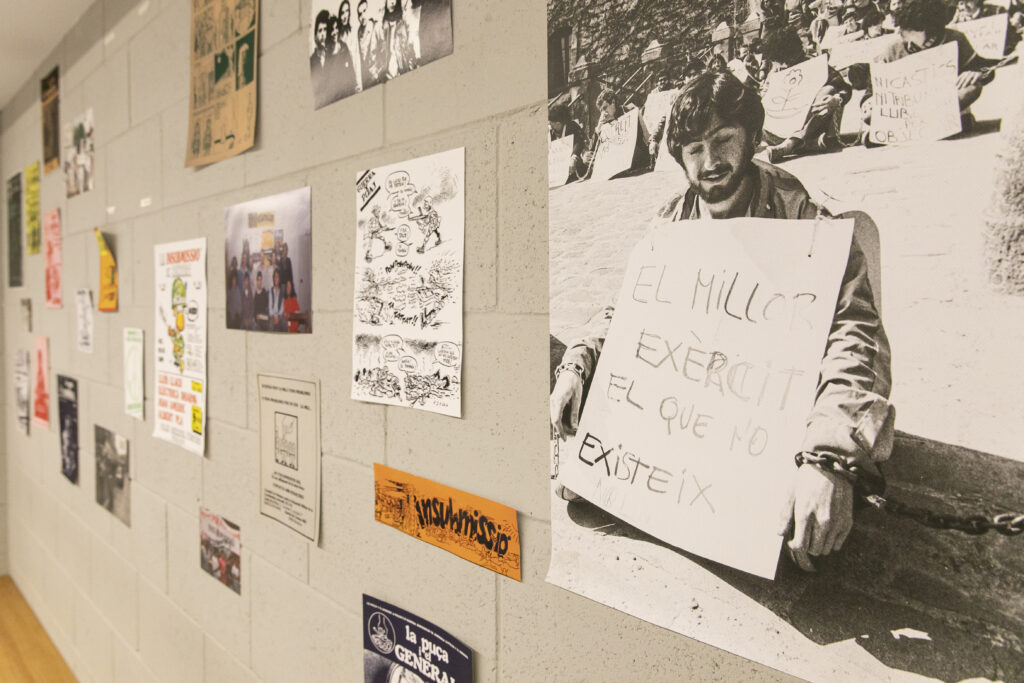
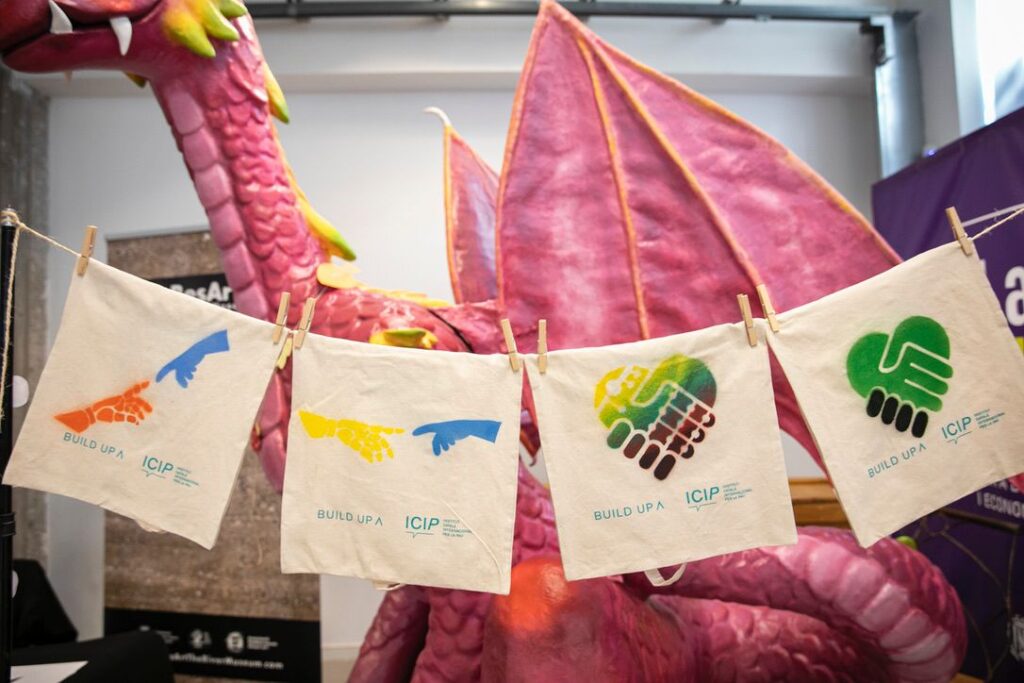
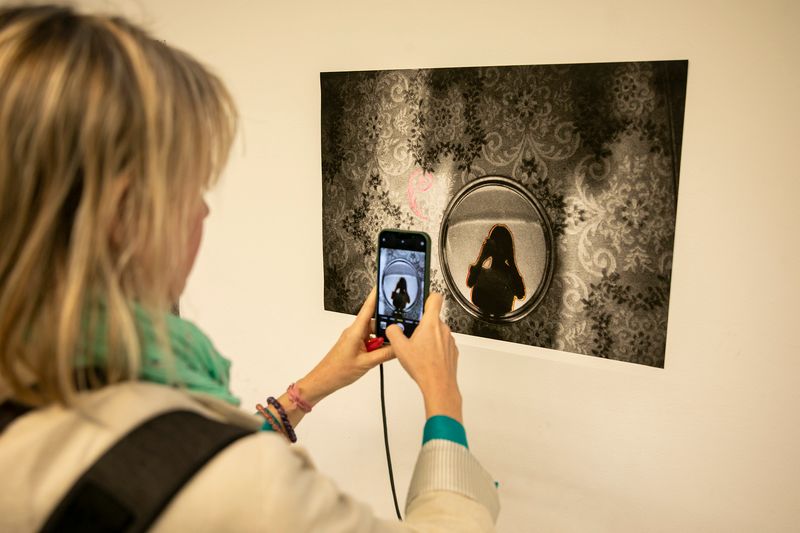

Next edition: Canada 2026
After three days of intense and creative exchange, Build Peace 2025 closed with the announcement of its next edition: the University of Waterloo in Canada will host the conference in 2026.
Coinciding with the conference, ICIP and Build Up launched a new special issue of the Peace in Progress magazine, co-edited by both organisations. Titled “Peace in the Digital Age”, the publication explores how digital technologies are reshaping conflict and peacebuilding. The magazine is available digitally in Catalan, Spanish and English.
